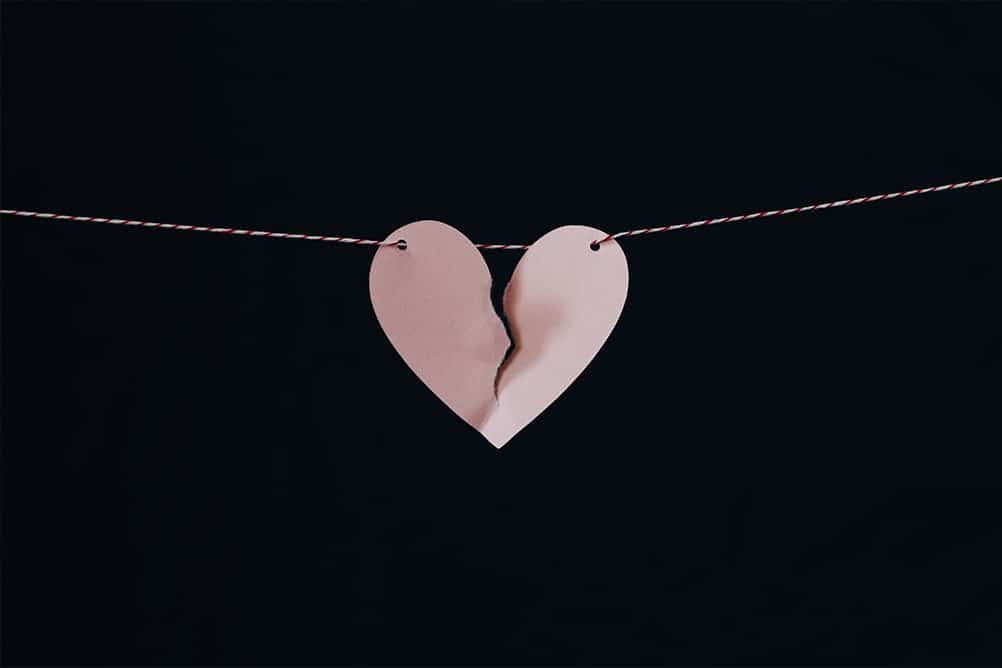
Have you noticed that you sometimes have difficulty connecting to others? For many people, this challenge is the result of attachment wounds.
Attachment wounds are often caused by events that happen in childhood. For instance, you may have suffered from mistreatment or abuse at the hands of your parents. Or, your emotions and/or needs may have been dismissed. Later in life, you might still struggle to form healthy, emotionally connective bonds with other people.
If you have attachment wounds it does not mean that healing is out of reach. It’s possible to process what happened to cause these wounds and address how it affects your relationships. Here are a few methods you might want to consider if you’re dealing with attachment wounds.
Getting to the Root
How can you even begin to address an attachment wound? The first step is figuring out why you feel this way.
For most people, attachment wounds begin while they are young. You may have also experienced attachment wounds throughout your life. It’s crucial not to blame yourself for attachment wounds. Struggling with healthy attachment is not your fault.
Changing Your Narrative
Sometimes, we have trouble forming healthy bonds because we tell ourselves we are unlovable. Perhaps you have dealt with rejection, betrayal, or abandonment in the past.
You may tell yourself a story that follows this narrative: because someone treated you poorly, you must not be worthy of love.
Sometimes, the path to healing begins by telling yourself a different story. Just because you have been on the receiving end of poor treatment from others does not mean that you will never find people who treat you well.
Seek Healthy Connections
When dealing with attachment wounds, you may realize that you are unhappy with some of your relationships. Maybe you have formed some toxic friendships because you didn’t know how to set boundaries. Perhaps you’ve come to see that some people in your life do not have your best interests at heart, but you’ve continued to spend time with them because you feel that you have to settle for less.
It can be challenging to do, but you might realize that to heal, you may need to set boundaries with friends or relatives who have treated you poorly. If you have a partner, open up about how you’re feeling and let them be a part of your healing process.
Attachment wounds often show up in intimate relationships and can contribute to loss of connection between you and your partner. It doesn’t mean your relationship is doomed. By healing attachment wounds, you can experience more closeness and happiness in your relationship.
Forgiveness
In the process of healing an attachment wound, you will need to forgive yourself. You may blame yourself for this wound, but feeling guilty over it will not help you through your healing process.
Instead, take this time to forgive yourself and be gentle and patient with yourself. Many people have trouble forming healthy attachments. It is not something that you need to feel guilty or shameful about.
Try Therapy
Healing attachment wounds can be a challenging process. Many people find that support and guidance from a therapist is invaluable in the healing process.
You may want to attend sessions by yourself, or if you are in a relationship, consider bringing your partner along with you. Working through attachment wounds with your partner can strengthen your relationship. In therapy, you will have guidance from someone who is specifically trained to address the issues you are dealing with. You will not have to stumble through the process blind — your therapist can help you each step of the way.
Have you realized that you have attachment wounds? If you’ve tried to move forward on this healing journey on your own, but you wish you had some guidance, you may want to consider attending therapy. If you’re interested in scheduling a session, contact me today. I offer couples counseling in Colorado.
